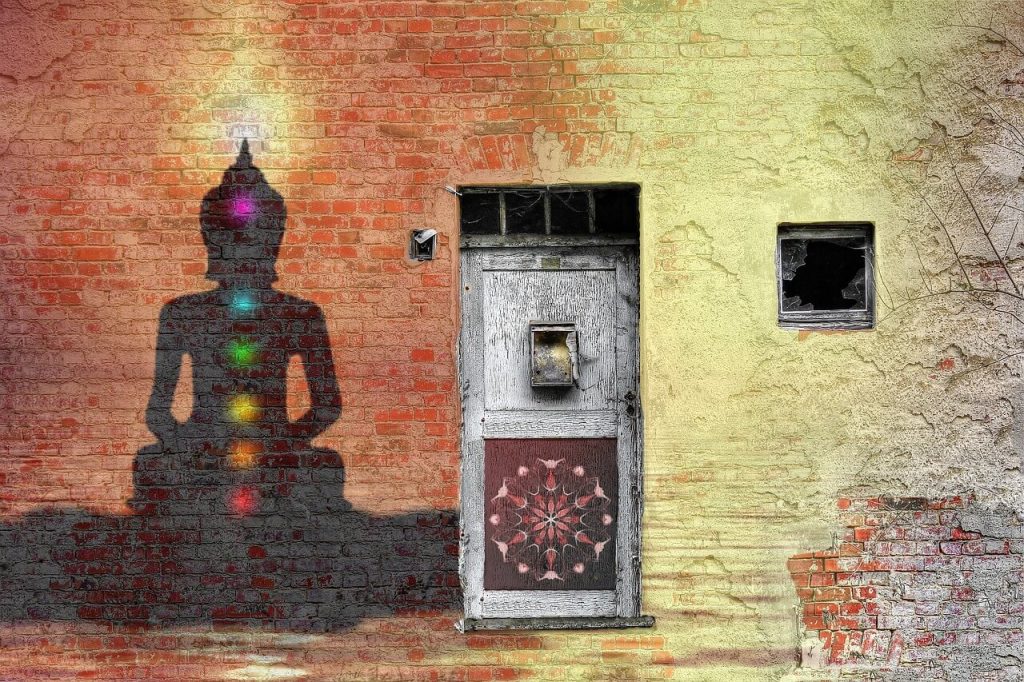In our journey through life, we often encounter the concept of karma. Unfortunately, it is often misunderstood and seen as a negative force. However, in reality, karma simply refers to the consequences of our actions, the culmination of our doings. It is not a form of punishment inflicted by a higher power, but rather a natural law that governs cause and effect. By delving deeper into the true nature of karma, we can gain valuable insights into leading a more purposeful and fulfilling life.
The Power of Personal Responsibility:
Karma reminds us of the immense power we hold over our own lives. Our actions, thoughts, and intentions shape the energy we emit into the world, ultimately influencing the experiences we attract. This realization empowers us to take personal responsibility for our choices and the outcomes they bring. Instead of feeling victimized by external circumstances, we can embrace the transformative potential within us.
Challenging the Notion of Punishment:
It is crucial to dispel the misconception that karma is a form of divine punishment. While negative actions can certainly lead to unfavorable consequences, karma is a neutral force that simply reflects the harmony or disharmony we create through our deeds. It is a tool that guides us toward growth, self-awareness, and spiritual evolution.
Understanding Untimely Death:
The occurrence of untimely death often raises questions about the workings of karma. It is important to recognize that such events can have complex causes, ranging from personal actions to larger cosmic designs. Untimely death does not inherently indicate wrongdoing; it can serve various purposes, such as learning lessons, transcending arrogance, or facilitating spiritual progression in subsequent lives. The intricate nature of karma is beyond our human comprehension, and it is not for us to judge or calculate its workings.
Embracing Death as a Gateway to Evolution:
When we embrace death as an inevitable part of life, we free ourselves from the shackles of fear. Accepting our mortality allows us to live more fully in the present moment, appreciating the beauty and opportunities that surround us. By cultivating a wise understanding of death, we can become like sages, unburdened by the fear of the unknown, and embracing the cycle of life and rebirth with grace.
Nurturing Positive Karma:
To shape a more positive future, we must consciously cultivate good karma. Engaging in acts of kindness, extending compassion to others, and serving our communities all contribute to the accumulation of positive energy. On the other hand, engaging in gossip, complaining, and harmful actions only serve to perpetuate negative karma, leading to future challenges and hardships. By making mindful choices and living in alignment with our values, we can set the stage for a more rewarding and harmonious existence.
Conclusion:
Karma is not a malevolent force but a reflection of our actions and their consequences. By understanding and embracing the concept of karma, we can take ownership of our lives, recognizing the power we hold to shape our destiny. Through self-reflection, compassion, and positive deeds, we can nurture a cycle of positive karma, paving the way for personal growth, fulfillment, and spiritual evolution. Let us embark on this journey of self-discovery and become the architects of our own destiny.

